In the same section
Monitoring/Surveillance and Operational Security Data Management
IoT (Internet of Things) technology is driving industrial sectors into strongly connected worlds. It is now possible – using advanced analytical techniques and artificial intelligence (AI) – to characterize “bills of health”, so to speak for technology-intensive or sociotechnical systems and thereby predict their current life expectancies. Ensuring proper functioning can then be guaranteed by way of “smart” predictive maintenance policies and the performance monitoring of systems can be improved through rapid detection of any abnormal events.
"“Smart” maintenance policies enable cost reductions of between 10 % and 40 %, likewise for the number of breakdowns and increased operational life expectancy of today’s machines. Savings here – for all companies on a global scale – are estimated to be approximately 630 billion US dollars by 2025."
Research activities
Research unit involved
Innovations
- Provisional maintenance scheduling for wind turbines: development of a digital mock-up twin to predict the remaining life span of the blade angle regulators of operational wind turbine installations.
- Processing chain for automatic camera control of agricultural produce – appearance i.e., how they look), detection of illnesses and the level of seriousness of an outbreak.
- Data analysis tools specific to aircraft during the landing phase – detection of atypical landings.
- Detection of suspicious behavioural patterns, crowd movement analysis and tracking targeted persons via a camera network.
- Geo-localization of connected indoor/outdoor objects.
Collaboration with enterprises
- EDF-Hydro-Quebec: contribution to top modelling of reliability factors and to prediction of residual operational life span for a hydro-turbine.
- EADS: feasibility studies on MOSFETs made from Silicon Carbide (SiC)
- Renault Automobile Group: qualifying reliability factors for the road perception and on-board decision functions for driverless cars.
- Thales: “smart” maintenance scheduling for equipment installed in series.
- ENEDIS: assessment of the contribution of wind-turbine electricity production on the behaviour of grid & distribution equipment.
- Centre Hospitalier de Troyes to geo-localize patients, equipment and to detect abnormal behaviours
- Aquilaë: Patented TT (technology transfer) in the area of object tracking via a camera network.
- Damavan: ’reconstruction’ modelling of radioactive sources and design of Compton cameras.
Formations
Enginnering diploma in
Industrial engineering
When training is completed, this category of engineer will be able to design and implement various industrial and logistic processes. He/she ensures a seamless transition to the Factory of the Future (FoF) configurations. He/she will plan production lines, optimize flow of matter, parts and goods and likewise guarantee correct operational functioning for plant installations and associated services. He/she will be able to control costs, improve performance ratings and to discuss/negotiate with the various players in the system as a whole (customers, suppliers, end-users). 3 professional elective specializations, focusing on logistics, system and service security, are offered:- On site, plant logistics and production
- External logistic and transportation
- Reliability, Availability, Maintenance and Safety
Enginnering diploma in
Industrial automation, control and EDP
The professional responsibilities of these engineers will lie in designing innovative on-board systems and smart production systems. They must be able to intervene at any level of a production chain, and/or in the processing of associated data and in automated control processes. This specialist training course was created jointly by UTT-Troyes and URCA-Reims for the purpose of training engineers for the “Factory of the Future (FoF)”. 2 professional elective specializations focus on design of automated systems:- Smart production systems;
- On-board technologies and Interoperability.
Master's degree in
Optimization and system security
The UTT’s specialist Master’s degree, code-named OSS, provides aids to decision making to control and optimize industrial processes. The course will help engineering managers to integrate new economic, technological, environmental and social constraints prevalent in today’s industrial activities. The course proposes a multidisciplinary approach and modelling techniques. The students will acquire professional skills, modelling research methodologies and a reinforced knowledge base for potential applications.Discover this training course
Specialist Mastère
Expert in big analytics and metrology
Specialists trained in this course learn to design, implement and operate innovative solutions to help handle and analyse big data. The solutions here call for skills in computer science, mathematics and statistics as well as in social science and humanities. They may be heading a team of data scientists in charge of promoting corporate data, ensuring – as they do – an advisory mission as data strategists for the development of relevant processes or applications appertaining to operations involving exploration of huge volumes of data or to counsel/advise large industrial groups, SMEs or State services and local authorities when it comes to controlling and governing the use of their data sources and production.Discover this training course
PHD
Optimization and System Security
Discover this training courseDate of update 02 septembre 2021
Contact
Direction des Relations Entreprises
dre@utt.fr
dre@utt.fr



